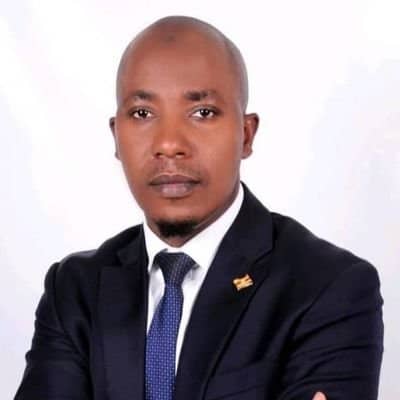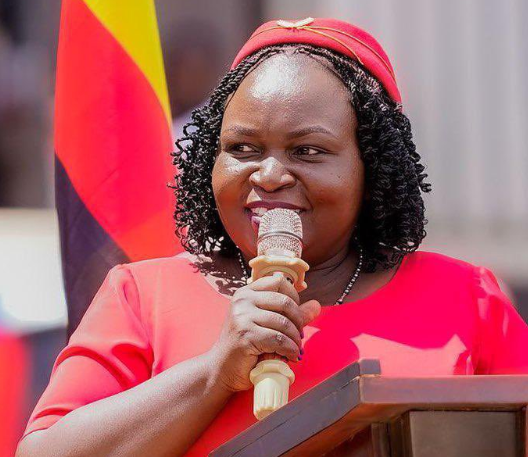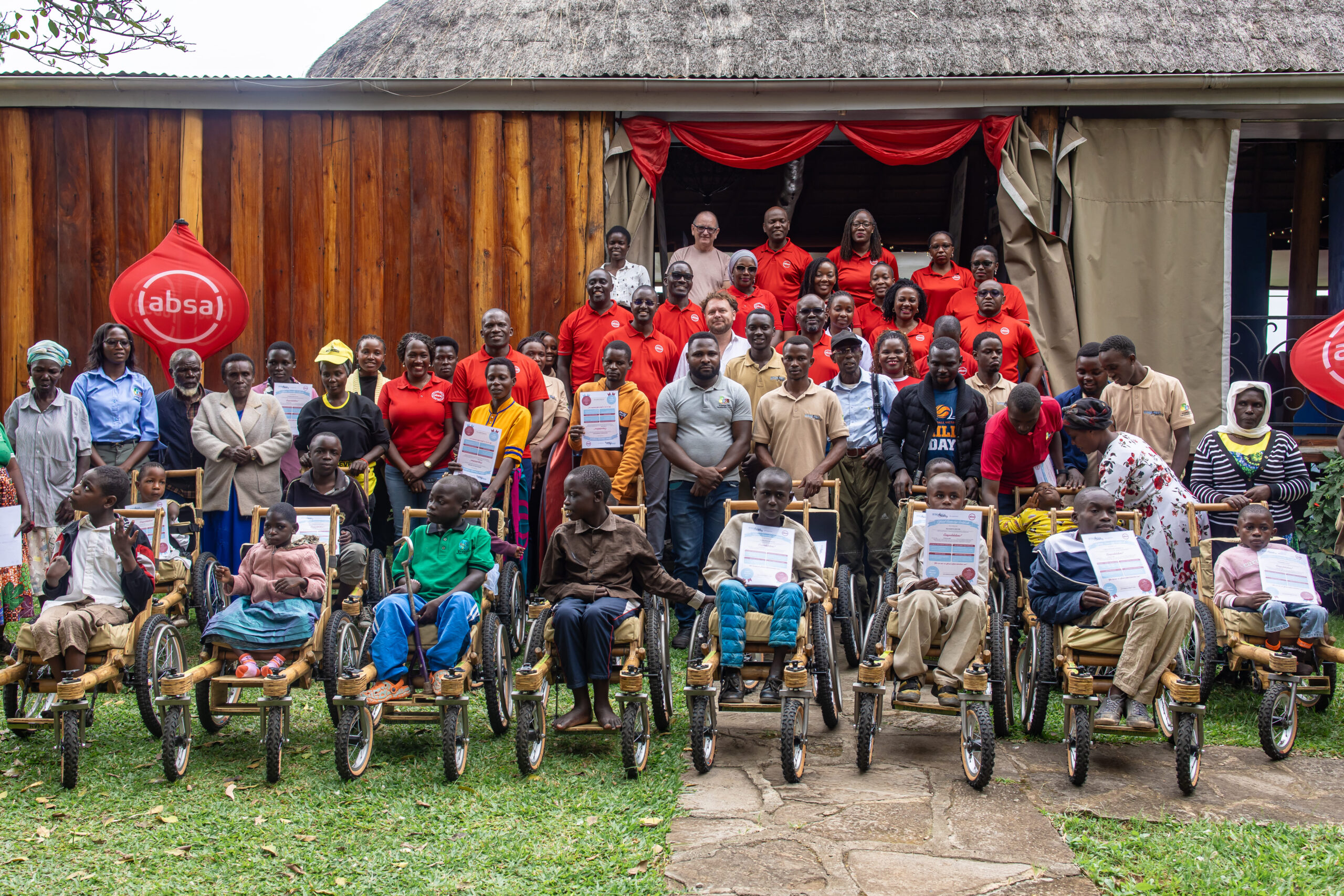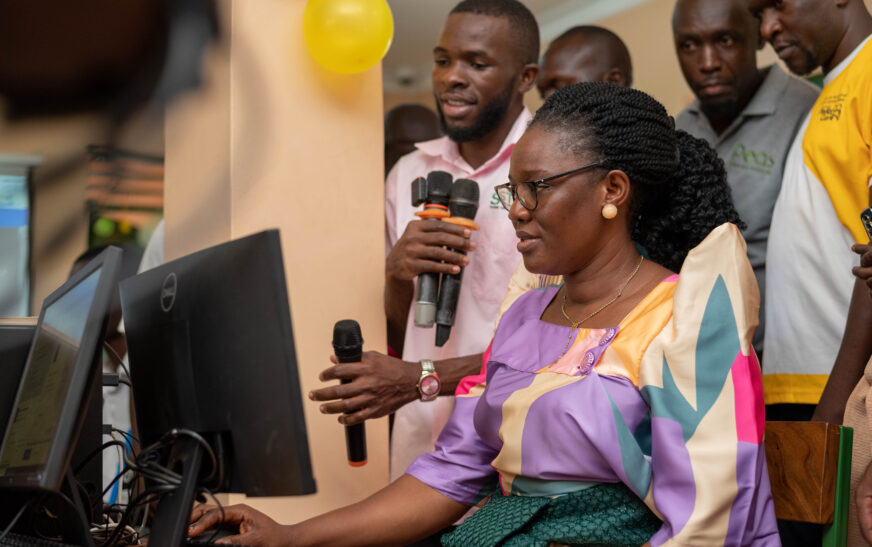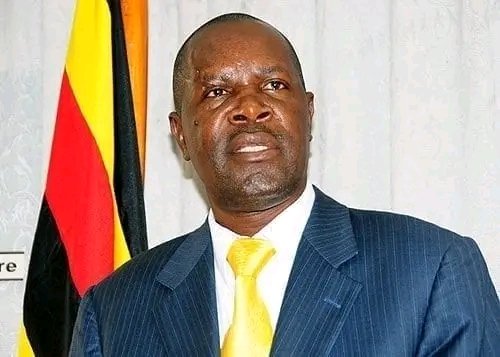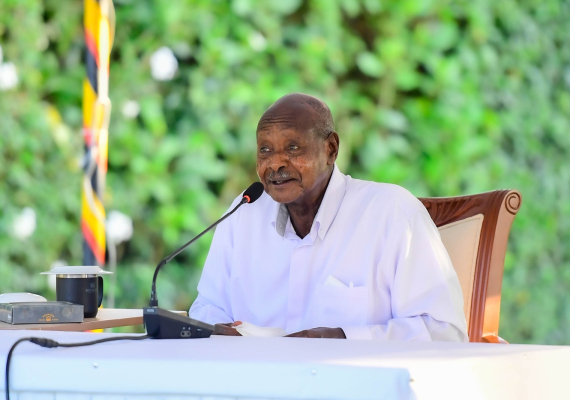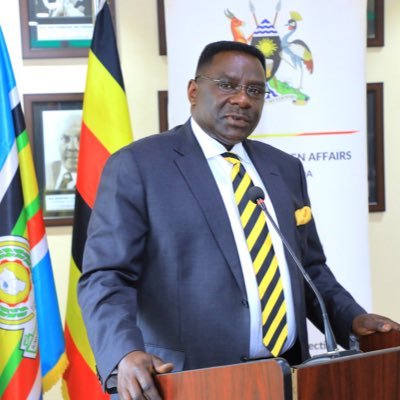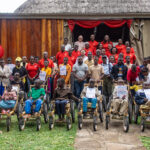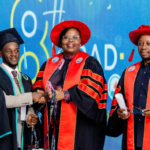By Kayonde Abdallah
Uganda is witnessing a troubling trend: many senior returnee migrant workers, instead of reintegrating positively into society, are turning into perpetual traffickers of their fellow countrymen and women. This alarming development stems largely from the failure of the Ministry of Gender, Labour and Social Development to formally recognize and incorporate Ugandan migrant workers’ leadership as an independent and key stakeholder within the labour migration sector.
Every year, thousands of Ugandans return home after working abroad, hoping to invest, settle, and rebuild their lives. Yet, many find themselves trapped in a system that offers no clear pathway for reintegration or meaningful participation in shaping migration policies. Others, frustrated and unsupported, choose not to return at all, opting instead to remain undocumented in destination countries. This creates fertile ground for the emergence of informal networks that traffic and exploit vulnerable workers.
These networks often lure unsuspecting Ugandans through social media and word-of-mouth, promising legitimate job opportunities backed by supposed connections. Instead, victims are funneled into exploitative tour and travel agencies or sent to countries where Uganda has no bilateral labour agreements or official job clearances. The result is a cycle of illegal migration, exposure to exploitation, sexual abuse, and eventual deportation further damaging Uganda’s reputation internationally and endangering its citizens.
The root of this crisis lies in the absence of a structured, tripartite approach to labour migration governance one that includes government, employers, and workers’ representatives. International labour standards and recruitment guiding principles emphasize the importance of recognizing migrant workers’ leadership as a crucial stakeholder. This inclusion ensures accountability, transparency, and protection for all parties involved.
The Ministry of Gender, Labour and Social Development must urgently expedite the process of formally recognizing Ugandan migrant workers’ leadership structures, such as the Federation of Ugandan Migrant Workers Associations (FUMWA). Such recognition will empower these leaders to: Provide guidance and support to returnees and prospective migrants; Monitor and regulate recruitment practices; Collaborate with government and employers to uphold workers’ rights and Prevent the growth of illegal trafficking networks by fostering accountability.
Moreover, a recognized leadership body can help establish a sense of order and belonging for migrants both at home and abroad, reducing the reliance on informal and dangerous channels. It will also allow the Ministry to better coordinate data collection, policy formulation, and enforcement efforts key steps highlighted in recent government reports on improving migrant worker traceability and protection.
Uganda has made commendable progress, including bilateral labour agreements with countries like Jordan and Saudi Arabia, and efforts to build a national migrant worker database. However, without meaningful inclusion of migrant workers’ voices, these efforts risk falling short.
In conclusion, embracing a tripartite model that formally recognizes migrant workers’ leadership is not just a policy choice it is a necessity. It will help protect Ugandan workers from exploitation, reduce trafficking, and restore dignity to those who seek better lives abroad. The Ministry of Gender, Labour and Social Development must act decisively to integrate migrant workers into the labour migration governance framework, for the sake of our people and our nation’s reputation.
The writer is the President, Migrant Workers’ Voice

